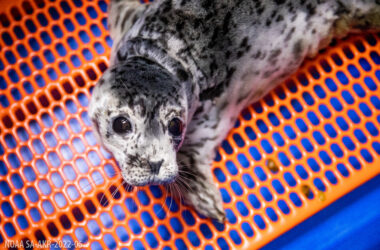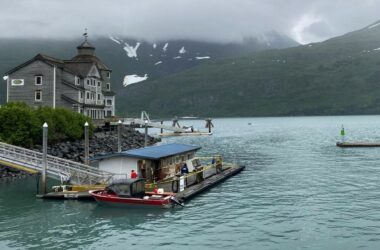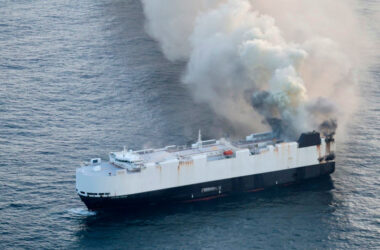COVID-19 numbers are on the rise as 562 additional cases were reported from the Department of Health and Social Services on Monday from Friday through Sunday. That number includes 535 resident cases and 27 nonresident cases.
Across the Kenai Peninsula, Seward reported 21 cases, Kenai 18, Soldotna 18, Kenai Peninsula Borough South 8, Kenai Peninsula Borough North 5, and Anchor Point 1. There were 4 nonresident cases reported in Seward due to tourism, and 2 in Soldotna with purposes under investigation.
The delta variant has been identified as the predominant strain in Alaska and State Epidemiologist Dr. Joe McLaughlin says:
“The delta variant appears to be about 50% more transmissible than the alpha strain. For comparison, that alpha strain is felt to be about 50% more transmissible than the original wild type strain. The delta variant is very transmissible. It appears to be the most transmissible variant of SARS-CoV-2 virus that we’ve seen yet in this pandemic. That basically means that there are a number of research studies that are really looking into why it is more transmissible. It appears that it does bind a little bit more tightly to the receptor sites on cells, but there may be other factors at play as well.”
He also said:
“Basically if you get infected with the delta virus variant, the next step is whether or not you’re going to develop COVID disease. We know that historically with this pandemic, probably about a third of people have been asymptomatic. There was a study that was published out of Scotland about three or four weeks ago indicating that the hospitalization rate among people who were infected with the delta variant was about 85% higher.”
The statewide alert level is high at 22.8 cases per 100,000. Multiple regions of the state are also in high alert status with widespread community transmission, they include the Kenai Peninsula Borough, Anchorage Municipality, Juneau City and Borough, YK-Delta Region and the Mat-Su Region.






